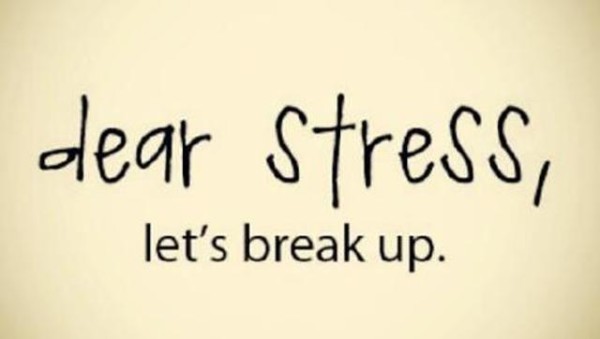Do you get stressed easily?
You should probably take it easy and let it go a little.
According to a new study, how you perceive and react to stressful events is more important to your health than how frequently you encounter stress.
Researchers from Pennsylvania State University and Columbia University in the US analysed data collected from 909 participants, including daily telephone interviews over eight consecutive days and the results from an electrocardiogram.
The participants were between the ages of 35 and 85 and were drawn from a national study.
During the daily phone interviews, participants were asked to report the stressful events they had experienced that day, rating how stressful each event was by choosing ‘not at all,’ ‘not very,’ ‘somewhat’ or ‘very.’
They were also asked about their negative emotions that day, such as feeling angry, sad and nervous. On average, participants reported having at least one stressful experience on 42 per cent of the interview days, and these experiences were generally rated as ‘somewhat’ stressful.
Researchers found that participants who reported a lot of stressful events in their lives were not necessarily those who had lower heart rate variability.
No matter how many or how few stressful events a person faces it was those who perceived the events as more stressful or who experienced a greater spike in negative emotions that had lower heart rate variability – meaning these people may be at a higher risk for heart disease.
“Higher heart rate variability – the variation in intervals between consecutive heartbeats – is better for health as it reflects the capacity to respond to challenges,” said Nancy L Sin from Pennsylvania State University.
“People with lower heart rate variability have a greater risk of cardiovascular disease and premature death,” said Sin.
One potential pathway linking stress to future heart disease is a dysregulation of the autonomic nervous system – a case of a person’s normally self-regulated nervous system getting off track, researchers said.
“These results tell us that a person’s perceptions and emotional reactions to stressful events are more important than exposure to stress per se,” said Sin.
“This adds to the evidence that minor hassles might pile up to influence health,” she said.
The findings were published in the journal Psychosomatic Medicine.






Leave a reply